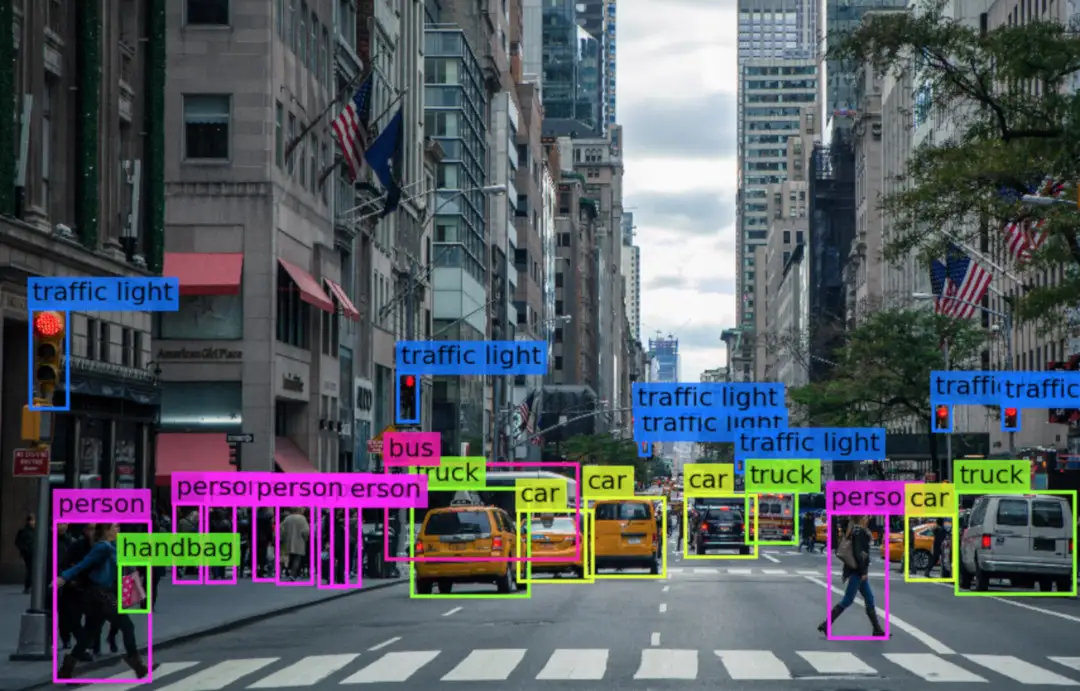OpenCV and Python for Computer Vision
How to move your very first steps into the computer vision world.

How to Take Your First Steps in the World of Computer Vision? The Basics of Advanced Image and Video Processing
This workshop aims to introduce the OpenCV library, demonstrate its usage through Python bindings, and integrate it into a classic Computer Vision pipeline. OpenCV is the most used and optimized library in this field.
The first part will provide the theoretical foundations of Computer Vision, and we will discuss how to approach this using the OpenCV library. In the second part, the acquired knowledge will be put into practice to process and analyze images using the algorithms available in the library.
The Speaker
Maziar Entezar, after 15 years in the IT field, has specialized in Computer Vision and artificial intelligence in recent years. He joined Develer to work on computer vision projects to solve and automate complex industrial processes.
During the evening, the following topics will be covered:
- Introduction to Computer Vision
- Introduction to the OpenCV library
- Creation of typical Computer Vision pipelines
- Use of some advanced algorithms from the OpenCV library
- Use of Machine Learning techniques to solve Computer Vision problems
Session Objectives:
Gain hands-on experience with vision algorithms using the OpenCV library
Participation Requirements:
- Basic knowledge of Python
- Familiarity with Git
What You Need:
To access the practical part, you will need a computer with:
- An advanced text editor (PyCharm, VSCode, SublimeText, etc.)
- Git
- OpenCV library version 3.4.6 installable via PIP (pip install opencv-python==3.4.6.27)
- Scikit-Image library installable via PIP (pip install scikit-image==0.14.2)
- Scikit-learn library installable via PIP (pip install scikit-learn==0.20.2)
- Mahotas library installable via PIP (pip install mahotas==1.4.5)